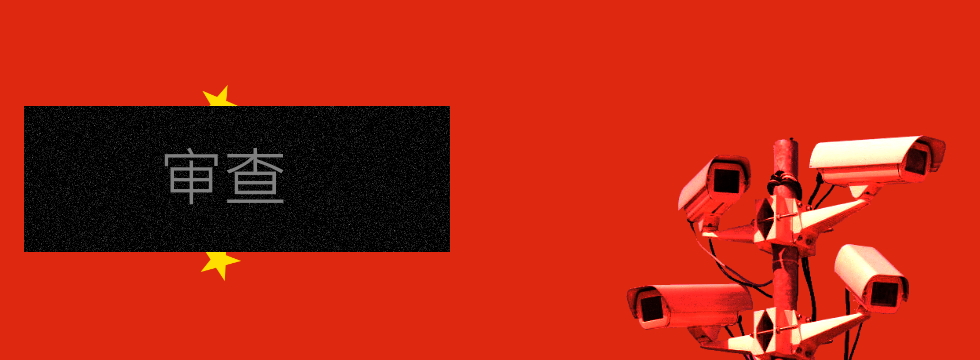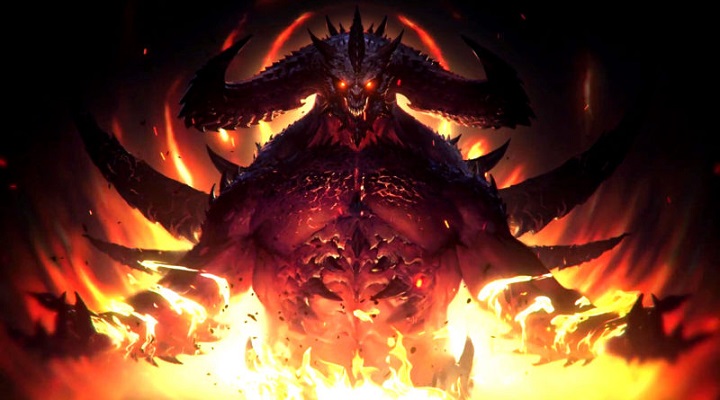The crux – influence. How China decides what we watch and play

- The Chinese Influence on Video Games and Pop Culture
- Blizzard and gas masks
- The crux – influence
- Sports
- Movies
The crux – influence

Chinese Tencent may be compared to a powerful empire that has conquered (or at least got a foot in the door of) many of the world's largest video game companies. China has managed to make use of this business giant to usher its own standards throughout other corporations. Riot Games, Epic Games, Ubisoft and, of course, the lately infamous Activision Blizzard. Modus operandi? Acquisition of shares for control and profit. Sometimes 5%, other times 40%. Five percent may not seem that much, but it was enough to get Blizzard into an international diplomatic incident and further damage company's reputation beyond Asia – it’s still hundreds of millions of dollars.
Is it possible to run a company in a different way? It is, as indicated (albeit only verbally) by Tim Sweeney. Epic Games is owned by Tencent in 40%. Nevertheless, in the latest interview, he ensured that the company does not intend to ban users for exercising their basic freedoms.
Also, Chinese mobile video game market is growing exponentially. Hence Diablo Immortal and Call of Duty: Mobile. Can you remember the maelstrom that unfolded after it was announced that the next Diablo will only be released for mobile? That’s just one, tangible outcome of the Chinese influence.

Of course, none of us can change China. That’s just not going to happen. All criticism and inconvenient content immediately disappears from the Chinese Internet. On the contrary, you should be aware of who’s making your favorite games (looking at Fortnite) and make conscious decisions.
Attention, cliché time now: the pop culture is you. If players would cancel their Battle.net subscriptions en masse, the company would have two choices: either ease up on placating the PRC, or move your stuff to China. Regardless of the decision, it would be a clear signal to other corporations: enough is enough. For an indefinite, but probably rather short time, things would change for the better.
